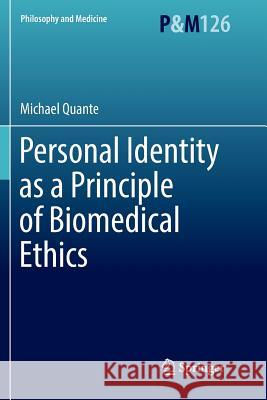Personal Identity as a Principle of Biomedical Ethics » książka
topmenu
Personal Identity as a Principle of Biomedical Ethics
ISBN-13: 9783319860220 / Angielski / Miękka / 2018 / 249 str.
Kategorie BISAC:
Wydawca:
Springer
Seria wydawnicza:
Język:
Angielski
ISBN-13:
9783319860220
Rok wydania:
2018
Wydanie:
Softcover Repri
Ilość stron:
249
Waga:
0.38 kg
Wymiary:
23.39 x 15.6 x 1.42
Oprawa:
Miękka
Wolumenów:
01
Dodatkowe informacje:
Wydanie ilustrowane











